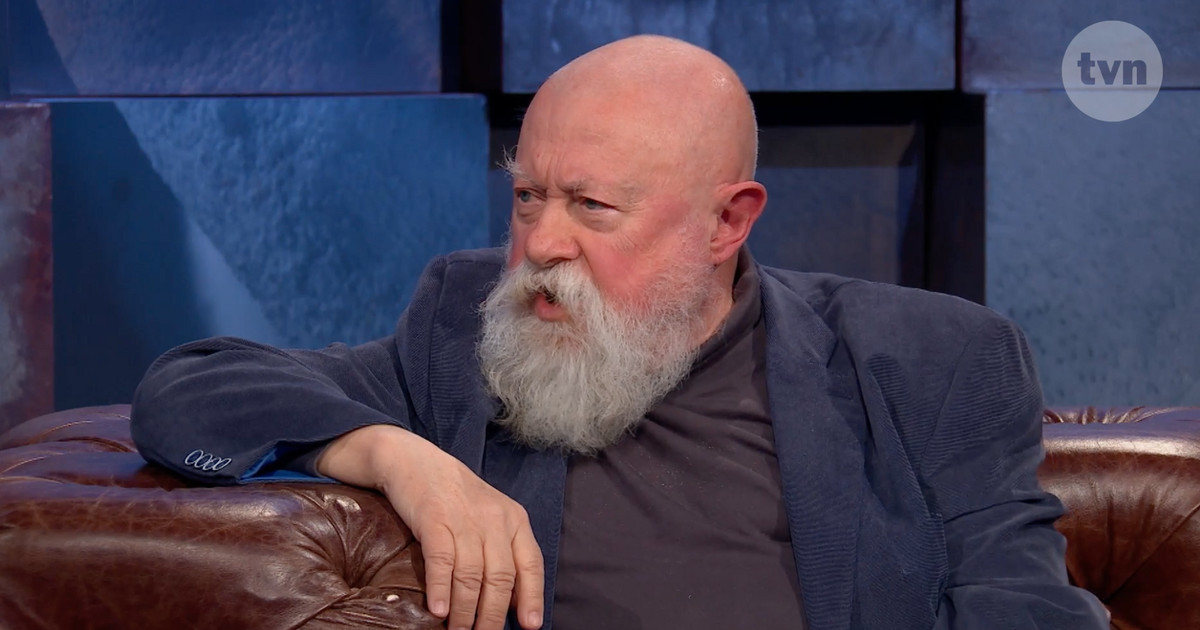Loss of the ability to communicate is often a side effect of devastating neurodegenerative diseases such as amyotrophic lateral sclerosis (ALS), in which cognitive function is preserved but the muscles that control speech stop working. One way to restore connectivity is to decode signals directly from the brain's motor cortex, stimulating muscle movements in a specific order to produce different sounds.
Read also: This implant literally gave him a second life. Is Parkinson's disease finally under control?
Neurologists from Duke University In the United States they have developed a brain implant that uses high-resolution neural recordings to decode a person's nerve impulses and translate them into what they are trying to say. Details are described in Nature Communications.
Dr. Gregory Kogan of Duke University says:
Many patients have debilitating movement disorders such as amyotrophic lateral sclerosis (ALS) or locked-in syndrome, which can impair their ability to speak. However, the current tools available to enable them to communicate are generally very slow and cumbersome.
A new implant could reconnect people with neurodegenerative diseases to the world
Currently, the best speech decoding speed is about 78 words per minute, while our normal speech contains about 150 words per minute. The delay can be attributed to the number of sensors placed to monitor the brain. To improve on existing thought decoders, researchers at Duke University placed 256 tiny sensors on a piece of flexible plastic about the size of a postage stamp. As a result, they were able to collect higher-quality neural signals with greater spatial resolution. Predicting what someone will say requires distinguishing between neural signals and individual neurons.
Read also: Literally like reading minds! This is the first method that will allow us to look into our mind
It was necessary to test the device. The researchers recruited four patients who were scheduled to undergo brain surgery to treat Parkinson's disease or remove a tumor and then receive the new implant.

Dr. Greg Kogan of Duke University says:
I like to compare it to a NASCAR pit crew. We didn't want to extend the operating procedures, so we had to be in and out within 15 minutes. As soon as the surgeon and medical team said: “Go!”, we immediately jumped into action, and the patient completed the task.
The task was simple to listen and repeat. Participants heard a series of nonsense words, such as “ava,” “kug,” and “vip,” and then said each one out loud. The implant recorded activity in each patient's speech motor cortex, as it coordinates nearly 100 muscles that move the lips, tongue, jaw and larynx. The data was then fed into a machine learning algorithm to see how accurately it could predict the sound being produced, based solely on recordings of brain activity.
For some sounds and participants, for example, the letter “g” in the word “gak,” the decoder was correct 84 percent of the time. Cases in which the first phoneme of a series of three constituted a particular nonsense word. Accuracy dropped when the decoder parsed sounds in the middle or end of a word, and had problems if two sounds were similar, such as “p” and “b.”
The decoder was 40 percent accurate. cases. While this doesn't sound particularly impressive, the researchers noted that the algorithm used only 90 seconds of spoken data collected during the 15-minute test. This means that there is room for improvement and improvement of the device. Work is currently underway on a wireless recording device.

Echo Richards embodies a personality that is a delightful contradiction: a humble musicaholic who never brags about her expansive knowledge of both classic and contemporary tunes. Infuriatingly modest, one would never know from a mere conversation how deeply entrenched she is in the world of music. This passion seamlessly translates into her problem-solving skills, with Echo often drawing inspiration from melodies and rhythms. A voracious reader, she dives deep into literature, using stories to influence her own hardcore writing. Her spirited advocacy for alcohol isn’t about mere indulgence, but about celebrating life’s poignant moments.










